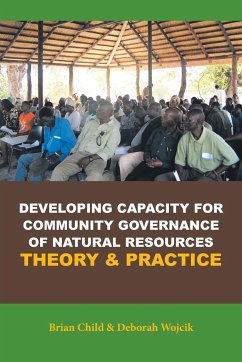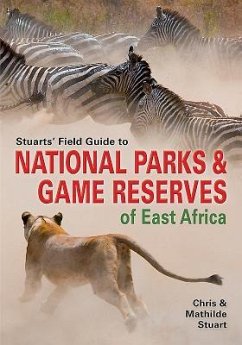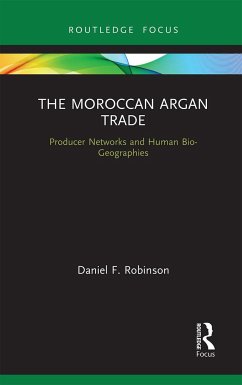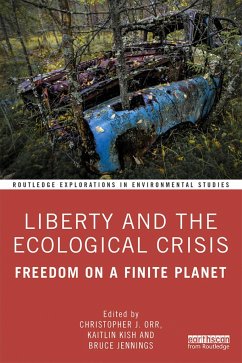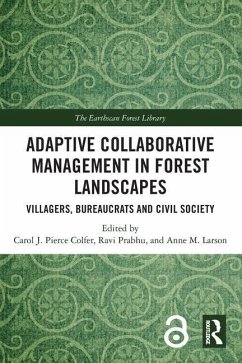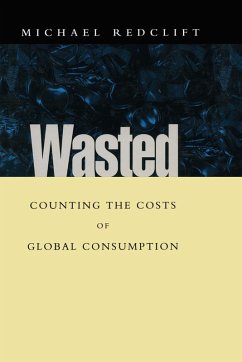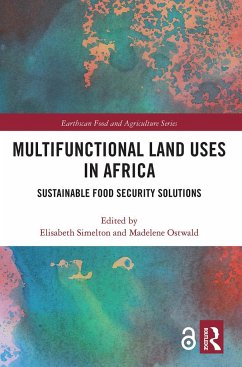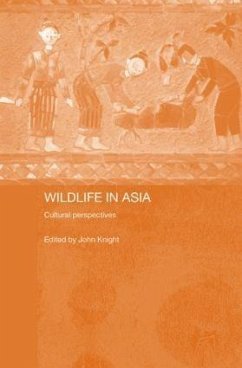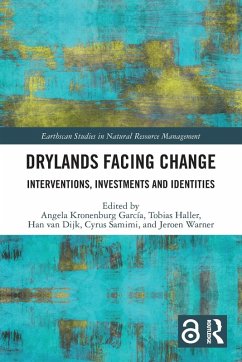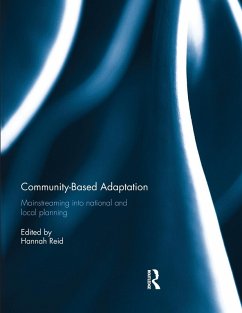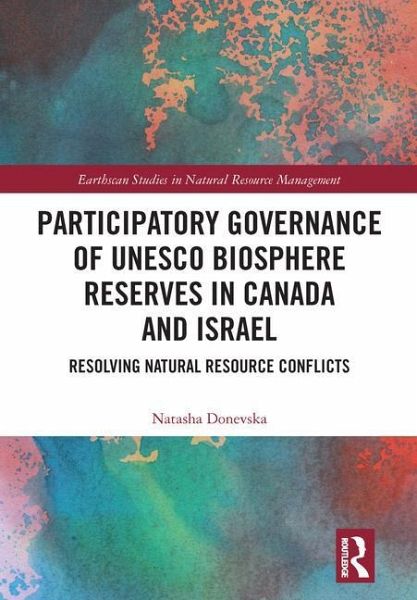
Participatory Governance of UNESCO Biosphere Reserves in Canada and Israel
Resolving Natural Resource Conflicts
Versandkostenfrei!
Versandfertig in 1-2 Wochen
52,99 €
inkl. MwSt.
Weitere Ausgaben:

PAYBACK Punkte
26 °P sammeln!
This book explores how participatory governance processes help to find integrated solutions to resource-based development while protecting ecosystems in UNESCO designated areas. Participatory Governance of UNESCO Biosphere Reserves in Canada and Israel explores how stakeholders' participation in decision-making processes related to natural resource management facilitates or hinders the obtainment of an acceptable balance between nature protection and sustainable development policies in the eyes of the participating stakeholders. A comparative analysis of nature versus development conflicts in ...
This book explores how participatory governance processes help to find integrated solutions to resource-based development while protecting ecosystems in UNESCO designated areas. Participatory Governance of UNESCO Biosphere Reserves in Canada and Israel explores how stakeholders' participation in decision-making processes related to natural resource management facilitates or hinders the obtainment of an acceptable balance between nature protection and sustainable development policies in the eyes of the participating stakeholders. A comparative analysis of nature versus development conflicts in the Megiddo and Mount Carmel biosphere reserves in Israel and the Mount Arrowsmith and Clayoquot Sound biosphere reserves in Canada, showcases the different approaches in implementing the biosphere reserve concept. The participatory processes of stakeholders, including governments, resource-based industries, local and indigenous communities and environmental NGOs established to address the local natural resource use problems are considered to be an opportunity of reconciliation among stakeholders with diverse interests, lifestyles and cultures but also improving the relationship between man and nature. Yet, achievement of these goals has proven to be a challenge. In some cases the participatory decision-making process yields benefits and in some cases it fails to deliver expected results. This book explores why is that the case. This title will be of great interest to students and scholars of natural resource management, integrated approaches to conservation and sustainable development, and participatory governance of social-ecological systems. It will also be of interest to environmental conflict mediators, participatory process facilitators, policymakers and professionals involved in managing social-ecological systems or establishing biosphere reserves.





